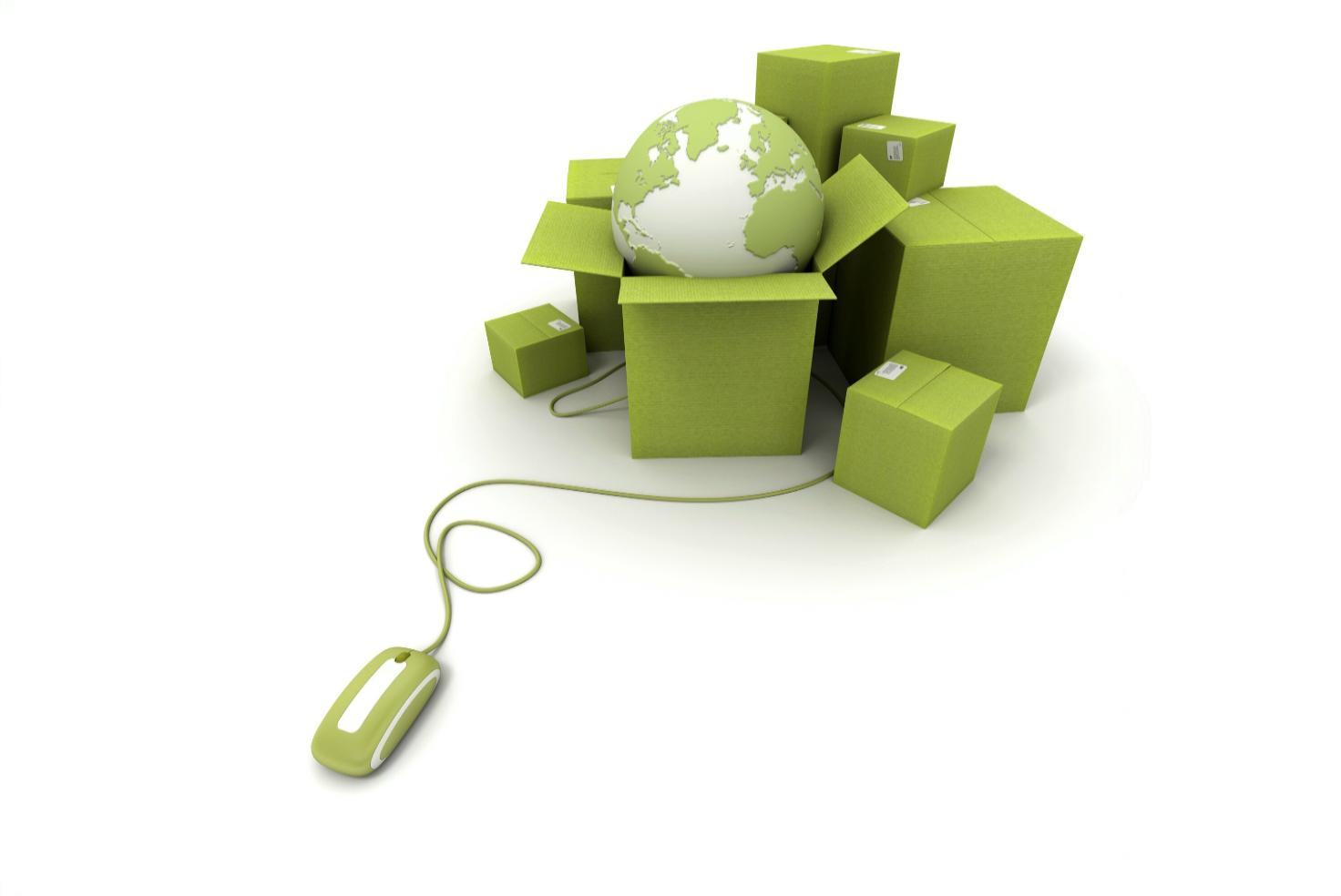Nothing reaches our hands without logistics—by land, sea or air. Freight transport is a key cog in our economy, but it also leaves a significant environmental footprint. The good news: more and more logistics companies are taking the initiative. And they’re doing so with solutions that pollute less and, in turn, improve efficiency.
Green logistics is no longer a promise. It’s a reality. And the most impactful strategies can be grouped into three major areas of action.
The first is related to technology. We're talking about digitization, Artificial Intelligence, and advanced management systems that help plan routes, avoid empty trips, and load vehicles with what’s needed, at the right time.
The second front is organizational: it involves optimizing how transport is planned and carried out. This ranges from collaboration between operators to share loads or routes, to the strategic location of warehouses that shorten distances.
The third area of action is the use of lower-impact energy sources and materials. Electric vehicles, alternative fuels, and lighter, recyclable packaging allow for the transport of more goods with fewer emissions and less waste.
Correos: electric fleets and local delivery
Correos has been taking firm steps toward cleaner logistics for years. By the end of 2023, it already had 2,685 eco-friendly vehicles: 2,385 electric and 300 hybrid. That year alone, it added 805 new zero-emission vehicles—from vans to two- and three-wheeled motorcycles. A large portion of this fleet operates in urban areas, where pollution and noise are daily issues. Furthermore, its last-mile delivery model, with centers distributed throughout the city, avoids unnecessary trips from the outskirts.
Maersk: decarbonizing maritime transport
In intercontinental transport, Maersk is a true benchmark. This Danish multinational already operates ships powered by green methanol and has made it clear that it will only commission new vessels capable of sailing with sustainable fuels. Goal? A carbon-neutral fleet by 2040.
Each year, around 100,000 ships transport more than 11 billion tons of goods. Maritime transport alone generates 3% of global emissions. That’s why there’s an urgent need to change the fuel that moves the world. Maersk has introduced the world’s first two-stroke methanol engine and is working with energy companies to enable large-scale production of e-methanol, one of the cleanest green methanol variants.
Its strategy also takes hold on land. Maersk is electrifying port operations, uses electric vehicles for urban delivery in cities like Delhi, and is aiming to achieve zero emissions at all its port terminals by 2040.

